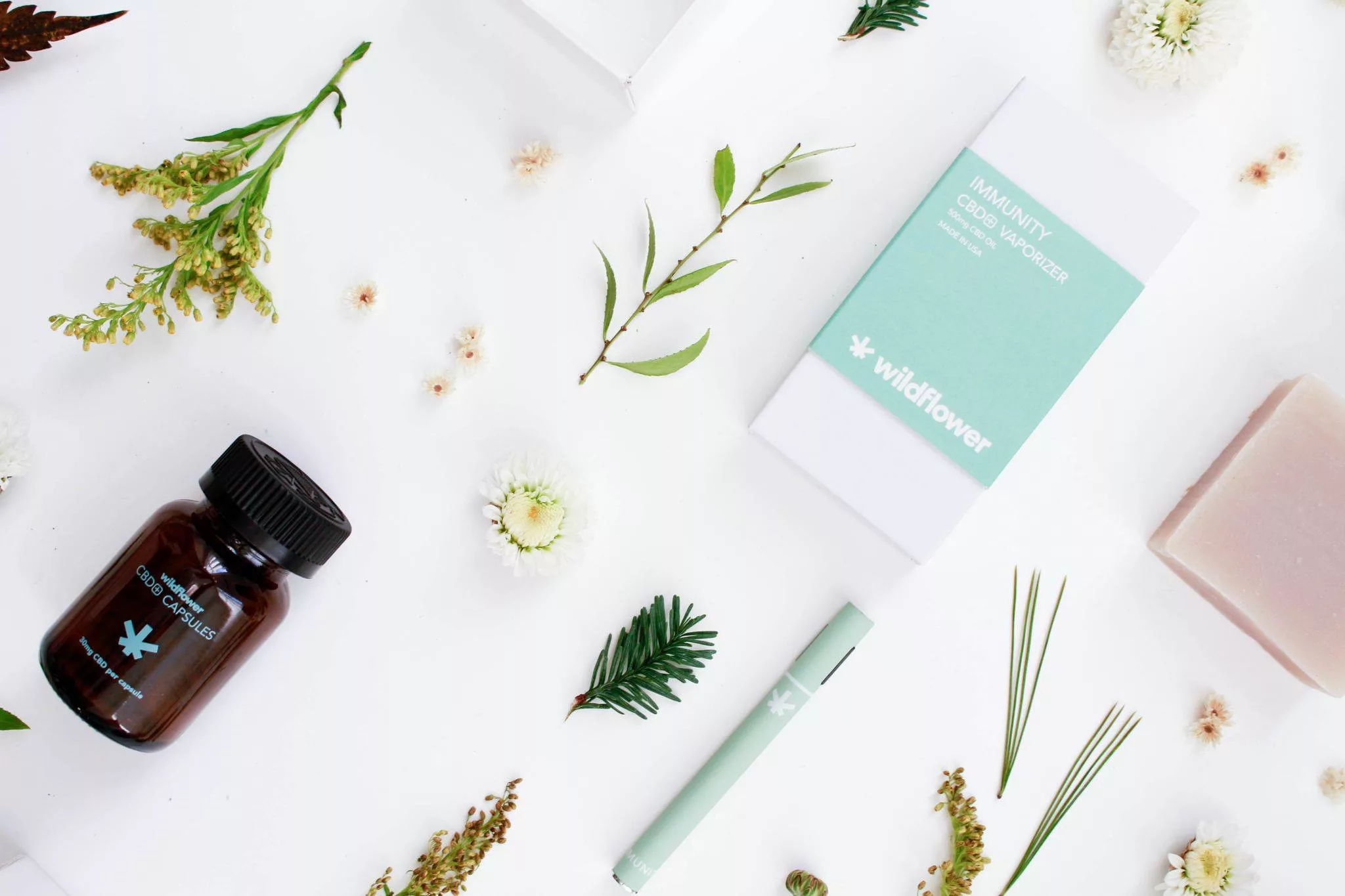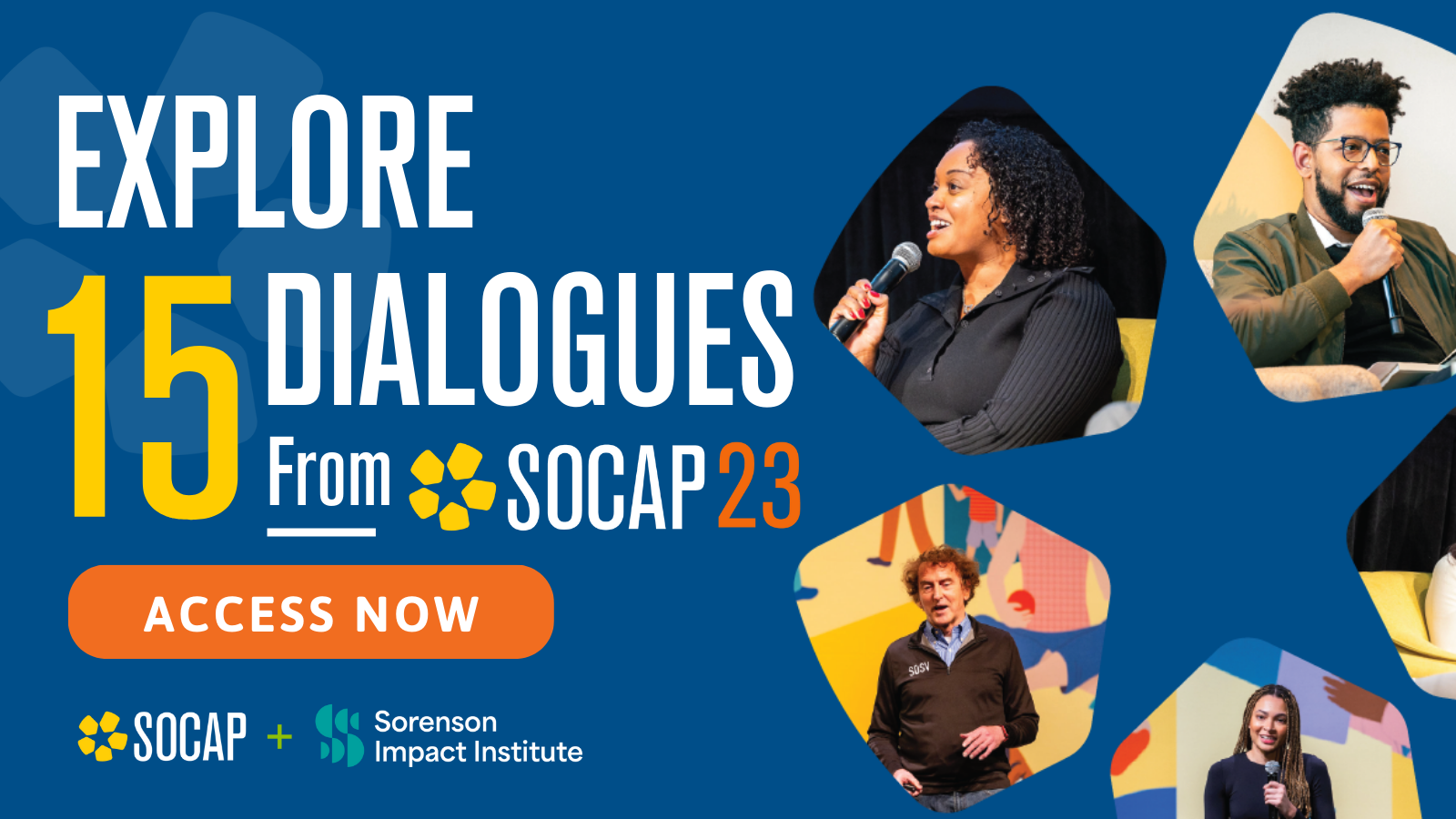People often ask me, “What is it like being a woman in the cannabis industry?”
My genuine and frank answer to this question is, “Awesome mostly — but crappy sometimes.” I feel grateful for this point-of-view of mine. My job as a creative director for a branding company relies heavily on human skills that are often associated with traditional femininity like empathy, deep listening skills, collaboration, and a desire to connect. I am also like a “half-foreigner” in Canada where I currently reside, because I grew up in Japan with a Canadian mom and a Japanese dad and did not move to Vancouver until my thirties.
Being a woman and a half-immigrant places me as an extra minority in our company’s executive group. This somewhat unique situation of mine, however, has brought me more positive impacts than setbacks.
When I moved from Vancouver from Tokyo in 2011, I was working as a freelancing agent for an edgy Japanese design and media agency connecting major Japanese corporations with artists and talents from around the world and doing project coordination, events, and marketing projects with them. Japan is a consumer paradise with finely segmented niche markets and spoiled consumers who have, literally, millions of products and services to choose from. In order to be heard and connect to consumers as a company in Japan, you have to stand out and provide something unique. Qualities like attention to design, craftsmanship, and amazing user experience are qualities that are highly revered. Defining a brand presence that your core consumer deeply connects with is key. These experiences and learnings from Japan guide me in the way I think about branding.
When I came to Canada, I noticed the lack of strong branding in the wellness and nutraceutical industry, despite it being one of the biggest markets. Not only that, but among the few companies that had good branding, even fewer of them were targeted to women. This was the catalyst for me to enter the cannabis business with my then-partner and CEO of Wildflower Brands. I knew in my heart and gut that the cannabis and wellness space needed a female-centric and wellness-focused brand that stood out amongst the loud noises from the old regime of the stereotypical stoners.
Wildflower’s branding philosophy, in a nutshell, is “less is more.” Our approach is minimal by design. In today’s world where there is so much noise and competition for attention, I wanted to create products that were quiet (almost to the point of whispering) and that evoke curiosity. We wanted a brand that speaks not only to women but would be accepted by all human beings from all walks of life. The company name and our iconic flower logo were all chosen with these objectives in mind. The teal color we call “CBD Green” — combined with white and a lot of negative space and room — was designed to evoke a sense of calm and wellness and trust.
The intention and purpose of Wildflower are to inspire holistic wellness for everybody. By holistic wellness, I mean a mindful approach to the wellbeing of your mind, body, and spirit. “Self-love” and “self-care” has become a mantra today for a reason. We are living in a world where more people are stressed and anxious and feeling increasingly helpless. Self-care begins when we become more aware of our own physical, mental, and spiritual needs by canceling out the noise and overflow of unnecessary information and tuning in to yourself. Being a mother has really deepened these core beliefs, which are now inseparable from the values of Wildflower. I have two daughters, 13 and five years old. They naturally inspire and motivate me to do better and to create products and messages that I can be proud of — to work and connect with more woman and continue to create more space and opportunities for those who are marginalized. I am so grateful to have this platform and to actualize our dreams and hopes.






